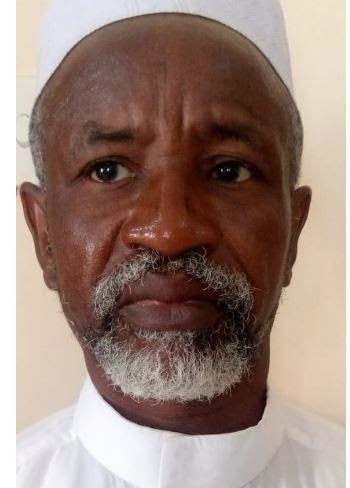Abstract
This study examines memes in tweets of responses to Professor Isaac Adewole—former Nigeria’s Minister of Health’s Statement on Resident Doctors in Nigeria. The advancement in technology and online discourse has shown that communication is multimodal rather than mono-modal. The study aims to show that though memes may look humorous, they portray serious ontological issues in the society. The objectives of the study are to examine how through juxtaposing the linguistic and pictorial elements in the memes under scrutiny portray the neglected health sector in Nigeria; and to examine and highlight ways through which the linguistic and pictorial elements deployed to foreground the underlying meanings encoded in the memes under study. The study is qualitative and analyses ten memes gathered from online tweets posted in the months of September—November 2018. Using van Leeuwen (2005, 2015) and Mey’s (2001) Pragmatic Acts Theory, this study analyses tweets containing memes in responses to Nigeria’s Minister of Health’s comment on resident doctors. The study found that linguistic, emojis and other semiotic signifying elements in each meme complemented each other in passing across the intent of the meme creators. The meme creators in some memes deploy abstract concepts to pass across the meaning of each meme; though some of the memes are comical, humorous and funny they embed more meanings beyond the ordinary. This study concludes that internet memes embody covert signifying elements which deal with, and foreground serious ontological issues in a society.
Keywords: memes, semiotic resources, multimodal elements, tweets, linguistic, pictorial





